Brutal answer from Serbia: Dear Croats, it's been scientifically proven
The Law on Cultural Heritage, passed in the Assembly of Serbia a month ago, caused controversy and discontent among the Croatian public, Matica Srpska responded
Friday, 21.01.2022.
13:37
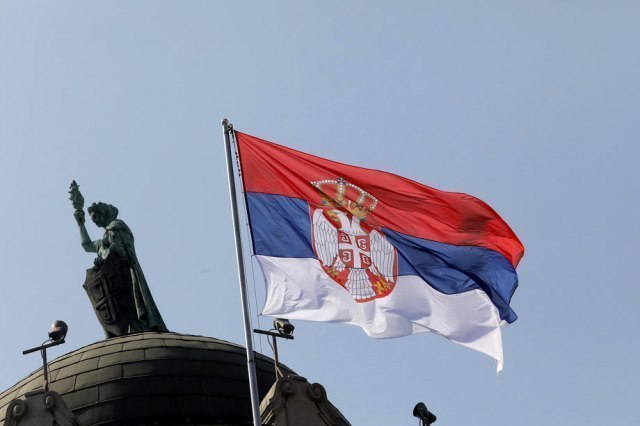
Brutal answer from Serbia: Dear Croats, it's been scientifically proven
The most controversial section of the Law is the part in which this legal act classified among Serbian books "editions of Dubrovnik literature that belong to both Serbian and Croatian culture as of the end of 1867".Thus, Croats believe that this "once again confirms the Greater Serbia project", while Matica Srpska told "Blic" that such theses are unfounded in scientifically collected data and that this is a legacy to which Serbs and Croats have equal rights.
According to Croatian critics of this law, this legal intervention, to which Croatian diplomacy and politics did not react for three weeks, put an end to "decades" of decades of official Serbian appropriation of Dubrovnik literature through numerous publications, books, speeches and Matica publications, Serbian ones in which old Dubrovnik poets and writers were published", reports the Večernji.hr portal.
They remind that two years ago, even the world-class playwright Marin Držić received his edition in the library "Ten Centuries of Serbian Literature", adding that the Serbian media welcomed the release of Držić's book with the triumphant words "collected works of Držić finally in Cyrillic". And a few years ago, the Croatian Renaissance poet Ivan Gundulić received his edition in the same "nationally strongly colored library".
"And nothing whatsoever happened," state Croatian critics, while offended Croatian Minister of Culture and Media Nina Obuljen Koržinek in the HRT daily called on Serbia to give up encroaching on Croatian territory and cultural heritage and passing the Law on Cultural Heritage, appropriating Dubrovnik literature, referring to it as scandalous.
The Croatian public expects a diplomatic reaction from their country, and strong criticism of Serbian law also comes from Dubrovnik, where Dubrovnik-Neretva County Prefect Nikola Dobroslavić said that this law offended Dubrovnik and pointed out that it confirmed "a Greater Serbia project that is obviously still alive under the current government in Serbia".
As the president of Matica Srpska, prof. Dr Dragan Stanić explains for "Blic", if we want to see more clearly the nature of old Dubrovnik and its literary and cultural specifics, it would be necessary to listen to what reliable scientific knowledge that historians have come to, and how the people of Dubrovnik saw themselves and their relations with Serbs and Croats.
"Only on the basis of such indisputable knowledge should we build our picture of the whole issue we are talking about, and even build a possible agreement and better mutual understanding, and thus a better future for both peoples - Serbian and Croatian," he said.
"Based on all that has been said, it is quite obvious that the people of Dubrovnik saw themselves as bearers of Slavic identity, so they did not consider themselves Serbs (with whom they were ethnically and linguistically, economically and politically, vitally and communicatively connected) or Croats (they were connected by Catholicism and the type of culture whose patterns they jointly took from Italy)", says Stanić.
"Nurturing the awareness of the Slavic ethnic substratum, they were therefore quite nationally neutral; more precisely, they defined themselves as Slavic Catholics, and especially insisted on their uniqueness, considering themselves simply citizens of Dubrovnik. Therefore, their primary intention is to build their existential, social and political uniqueness, while nurturing the patterns of Italian culture in a form completely adapted to their Dubrovnik, and even more broadly, Slavic ambience", Stanić points out.
According to Stanić, their Slavic Dubrovnik ambience was ethnically, linguistically, economically, politically and socially close to Serbs, and religiously, literary-poetically and culturally close to those Croats who, scattered in Dalmatian, de facto Italian cities, are fighting for a kind of folk, Croatian culture.
Therefore, the old people of Dubrovnik did not consider themselves Serbs or Croats insisting on their Slav origin, as they united both Serbs and Croats, because for them both ethnic factors were acceptable as an expression of the spirit of 'Pan-Slavism'. At the same time, the old people of Dubrovnik had a highly developed awareness of their own uniqueness: they are citizens of Dubrovnik, i.e. an ethnic mixture of Romanesque-Greek population and Slavs, mostly of Serbian origin, economically, politically and fatefully connected with Serbs, but clearly separated from them by Catholicism, Western literary patterns and Catholic culture", he added.
He also points out that Dubrovnik literature should be viewed as a common heritage of Serbs and Croats. "At the level of cultural identity, the old people of Dubrovnik develop a special system of affinity according to Italian models of cultural development, and in that context they respected Croatian cultural creators and activists, and their premonitions and longings. If we truly understand the spirit of old Dubrovnik and if we do not try to completely redesign and falsify its reality, then the most accurate, most argumentative and just would be to consider old Dubrovnik and its literature as a common heritage of Serbs and Croats," Stanic said.
He emphasizes that in order to resolve the issue of the status of old Dubrovnik in a valid, well-argued and nationalistic fervor way, it is necessary to start from the stated, verified scientific knowledge. He says that the remark that Serbian literary historians and anthologists "appropriate the literary works of the Dubrovnik Republic", and that they deal with Croatian writers when studying the literature of old Dubrovnik, turns out to be a clear and unambiguous answer that it is not only Croatian but also Serbian literature.
The basis for such an answer is contained in the fact that there are Serbian and Croatian factors of the entire ethnic, linguistic and literary identity of old Dubrovnik, so because of that mixture it is most accurate to state that this literary-historical phenomenon belongs to both national literatures.
'Every member of Serbian culture should take into account the fact that old Dubrovnik is an important element for Croats and their experience of their own cultural and literary identity, but every member of Croatian culture should understand that old Dubrovnik and old Dubrovnik people are equally important element for Serbs and their understanding of ethnic, linguistic and literary identity", Stanic concluded.










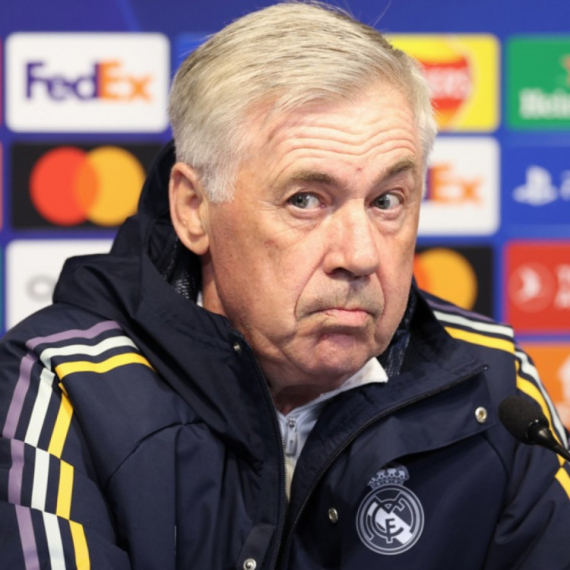



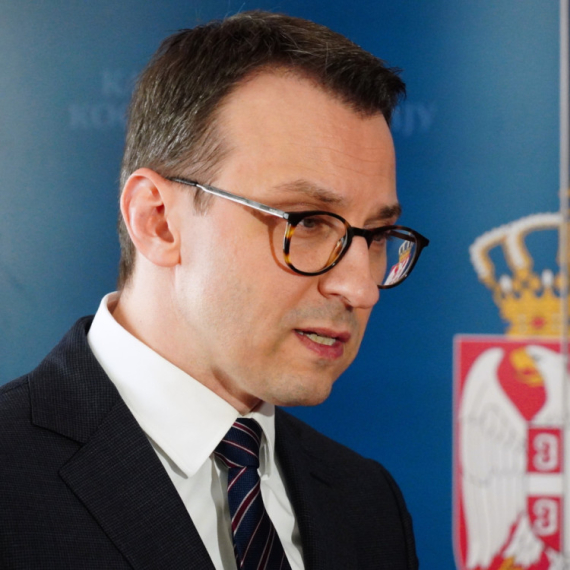

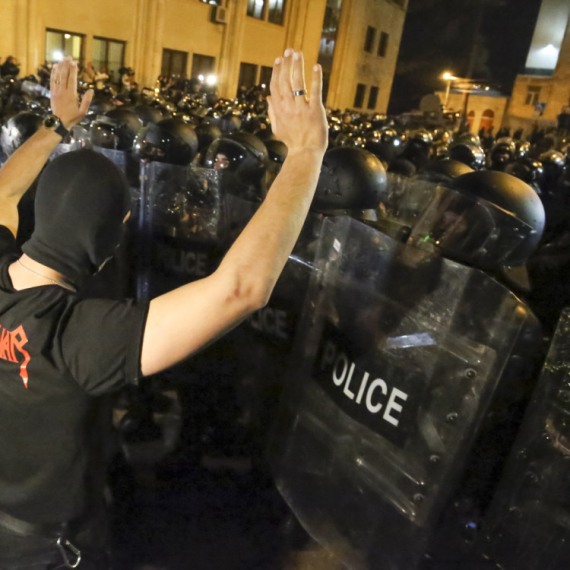

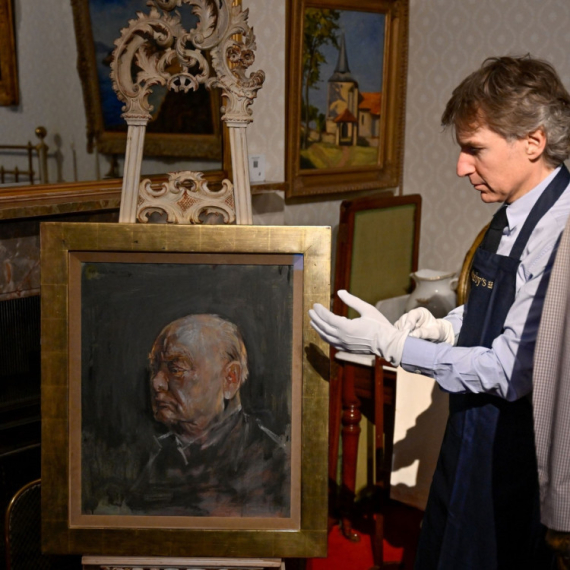



















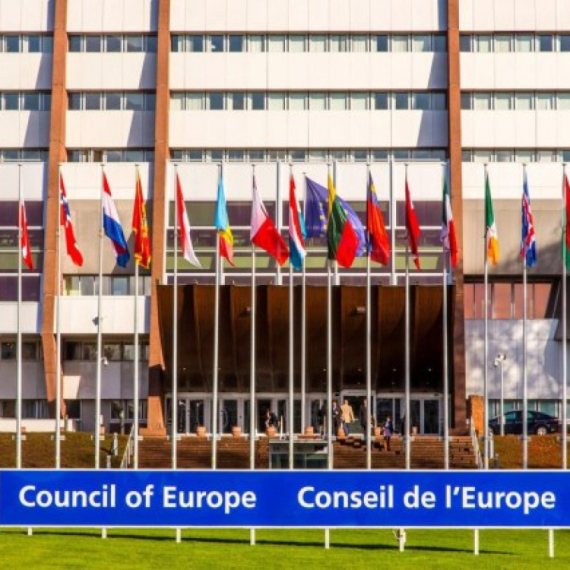






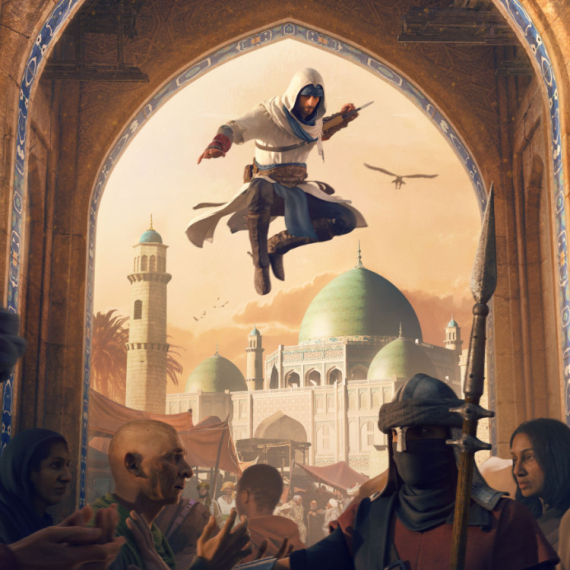







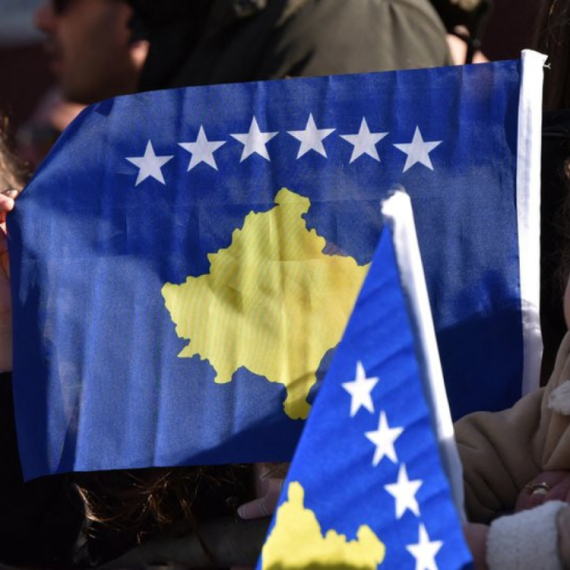





Komentari 3
Pogledaj komentare